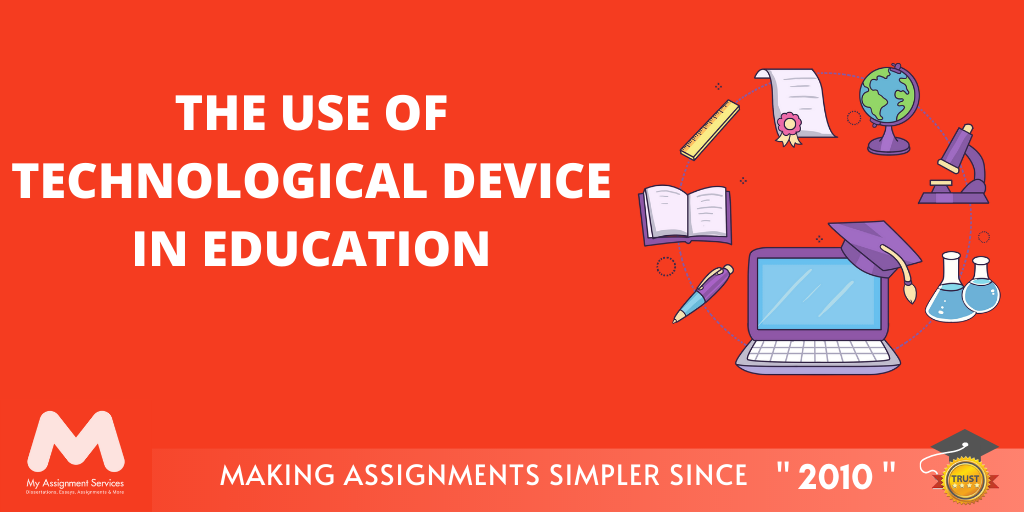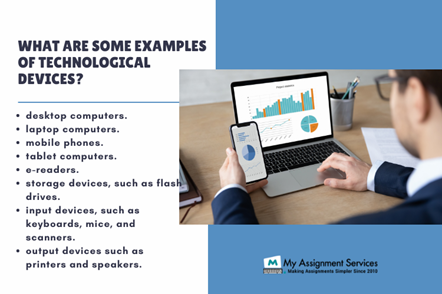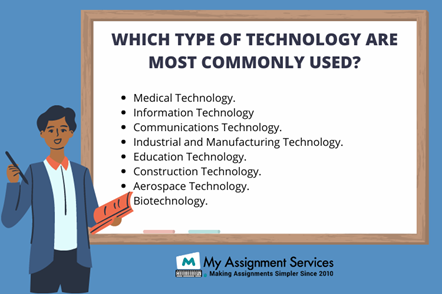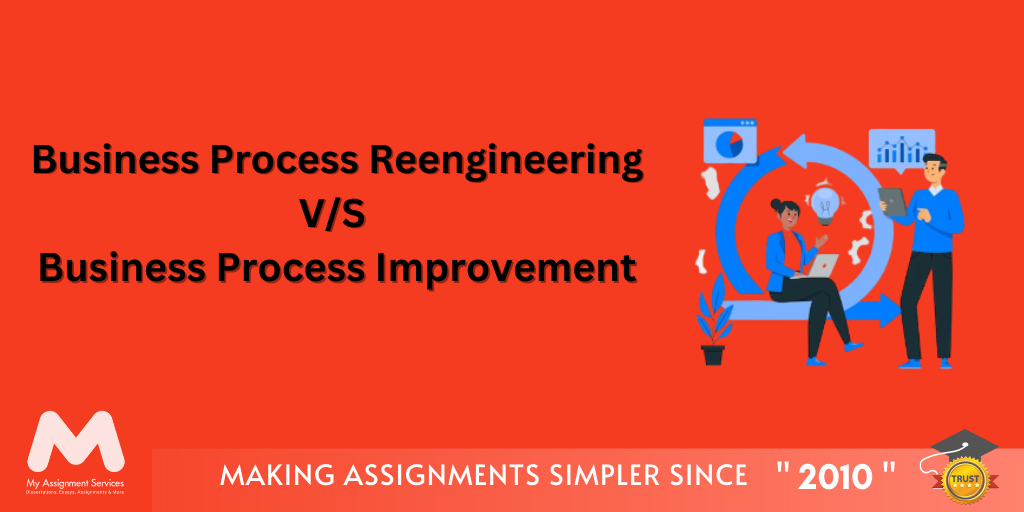
The use of technological devices in education is one of the most controversial issues that this generation has ever faced. The impact of using technology in our daily tasks becomes more apparent when we are talking about using it in the process of learning, especially for students. For many years, teachers have been opposing this idea of the use of technological devices in education since they believe that it will not help develop critical thinking abilities and other important skills if children are to do everything with just a click or tap on their gadgets. Listening to them is definitely an option but then again, what if they are wrong? What if children will learn better by being exposed to different kinds of technologies?
You can never tell until you try. The good thing about our generation today is that there is already numerous research related to this topic. In fact, there are even studies that have been conducted so as to prove whether or not the use of technological devices will have a positive impact on students' learning abilities instead of having a negative one.

Let’s Hear Out What Authors Worldwide Have to Say About This
One of these research studies is the one being published by Cengage Learning through their article entitled "Using a Digital Game in a Chemistry Course: The Effect on Student Achievement and Attitudes".
In the study, the researchers chose 75 college students for their study before they divided them into 2 groups randomly (the experimental group and the control group). Each student was then given an iPad, a technological device to be used throughout their chemistry course, which lasted for 5 weeks. What makes it more interesting is that they used what is called a "chemistry-specific digital game" as the technological device that they used to enhance the students' learning experience. Through this, it can be seen how technology can help bring out a better assessment and make the entire process of studying more enjoyable and effective for those who are participating. This research study proves that using technological devices such as tablets and other gadgets like smartphones will positively affect student achievement and attitudes towards chemistry.
Another research article is called "Using Tablet PCs to Enhance an Introductory Business Statistics Course ", which was published by Musser et al., 2009 in their article entitled "Journal of Applied Business Research". In this study, researchers divided 36 college students into one experimental group and another control group. The experimental group was provided with tablet PCs (iPads) to be used in completing their respective business statistics course, while the control group only had the standard laptops that they normally use. What is important about this research study is that it focuses on students' attitudes towards learning which is very much unlike the other studies that are cited above. This research article proves that using technological devices will help enhance students' attitudes towards studying, especially if they are exposed to tablets and smartphones at an early age since children usually have a more positive outlook than adults when it comes to using gadgets during their learning process.
Research studies are just one of the many proofs why we should not hesitate nor stop people from incorporating new technologies instead of keeping them out of classrooms. There are even more studies that can be cited, but the bottom line is this: no matter how much teachers and other adults oppose the idea of using technological gadgets in classes, they will eventually come to realise that it is definitely for the best of students' learning experiences.
Allowing Technology in the Classroom Makes Learning More Enjoyable for Students
Learning with technology is more interesting and entertaining (Hattie et al., 2005) and more engaging to students. This allows them to learn in a way that they are more familiar with. For example, taking notes using the computer or iPad has been shown to have better results compared to writing notes by hand.
Research has shown that students who have used tablets have scored 10% higher than other students on exams, while iPads can actually increase scores by 22%. The use of laptops has also helped improve students' overall grades in their respective courses (Hattie & Timperley).
From all these studies that are mentioned above, it can be clearly seen why technological devices should be allowed into classrooms throughout the world. With the number of students who are already addicted to technology, there should be no reason why we cannot give them what they want. The use of tablets and smartphones can definitely help make learning more engaging for students while enhancing their overall attitude towards studying (Musser et al., 2009).

As per the top-notch engineering assignment help mentors, it is true that some teachers may feel threatened because it would mean that they have less control or say when it comes to running classrooms, but this does not mean that technological devices will completely replace teachers' roles in the classroom. Instead, these gadgets are just used as supplements without changing the whole concept of how classes are being conducted today. From all these studies cited above, we believe that there can be no effective research done without incorporating technological devices in schools since it was proven to help students and enhance their learning experiences.
Some benefits of using technological devices in classrooms are as follows:
- It makes learning more fun compared to traditional studying. Students will enjoy working on their own instead of following the conventional method of memorising facts and figures (which is very much outdated).
- The use of educational games will definitely make children more enthusiastic about studying (more than ever before). They will definitely look forward to attending school, for they know that there are new activities waiting for them inside their classroom.
- Introducing smartphones and other gadgets during the early stages helps to promote technological literacy for everyone.
- It allows students to work more efficiently at their own pace, which helps them to focus on specific topics without feeling overwhelmed. They are given a chance to understand what they are studying because it explores different aspects of chemistry or biology, for example.
- Technological devices also help enhance communication skills, especially if students will be required to acknowledge each other's contributions through surveys, discussions or even blogging; this provides an opportunity for young people to practice collaborative skills that will be very much needed in the real world where teamwork plays an integral part in accomplishing tasks and projects effectively.
- Teachers can easily assess student progress (especially those who do not like getting published online) since there are many applications available that can be downloaded to their gadgets, such as the use of QR (Quick Response) codes which is basically 2D barcode. Just like any other online content, it can be easily tracked and monitored by teachers.
- It makes students accountable for their work because everything they do will be posted on blogs or websites where anyone can view it publicly; this lets everyone know what others are doing and how much effort they put into completing tasks and projects.
- Lastly, technological devices allow for faster communication between students and their respective parents, which helps keep them updated with their child's progress in school. Parents now have the chance to determine whether or not they should spend more time with their children studying instead of just staying at home playing video games all day.
Need Further Assistance for this Topic? Contact Our Experts Today!
Although there are a lot of benefits associated with the use of technology in today's classrooms, it should be noted that not everyone will embrace these changes, especially those who have been teaching for many years. It is understandable why they do not want to change their methods when it comes to teaching since they themselves have been using traditional approaches for years and still got great results out of it. However, if more people continue to push for this new approach, then eventually, educators will come to realise that beneficial technologies can enhance learning, keeping students motivated and engaged.
If you are a student and struggling to find time for your assignments, we have the perfect solution for you. Our engineering assignment help can be of great assistance as you can complete all your engineering projects on time. We understand that every student is unique and has different needs when it comes to their education. That's why our team of subject matter mentors works closely with each one of you to ensure that you get exactly what you need from us. Whether it's just some guidance or full-fledged project completion, we conduct live and interactive sessions to make sure that you succeed in your studies. Fill the form now! One of the executives from My Assignment Services will get in touch with you!
References
Hattie, J.A.C. (2005, October). Teachers Make a difference: What is the research evidence? Keynote presentation at theBuilding Teacher Quality:The ACERAnnual Conference, Melbourne, Australia.
Hattie, J.A.C., & Timperley, K. (2004). Review Of current indicators constructed usingNEMP data: Consultancy report to theNew Zealand Ministry of Education.Ministry of Education, Wellington, NewZealand.
Musser JM, Zhu L, Olsen RJ, Nasser W. 2015. Musser et al. Reply to “Emergence of the same successful clade among distinct populations of emm89 Streptococcus pyogenes in multiple geographic regions.” mBio 6(6):e01838-15. doi:10.1128/mBio.01838-15 cs
Related Study Materials
Our Experts can answer your Assignment questions instantly.
Ask Question0 Comment
Get It Done! Today
1,212,718Orders
4.9/5Rating
5,063Experts













Loved reading this Blog? Share your valuable thoughts in the comment section.
Add comment